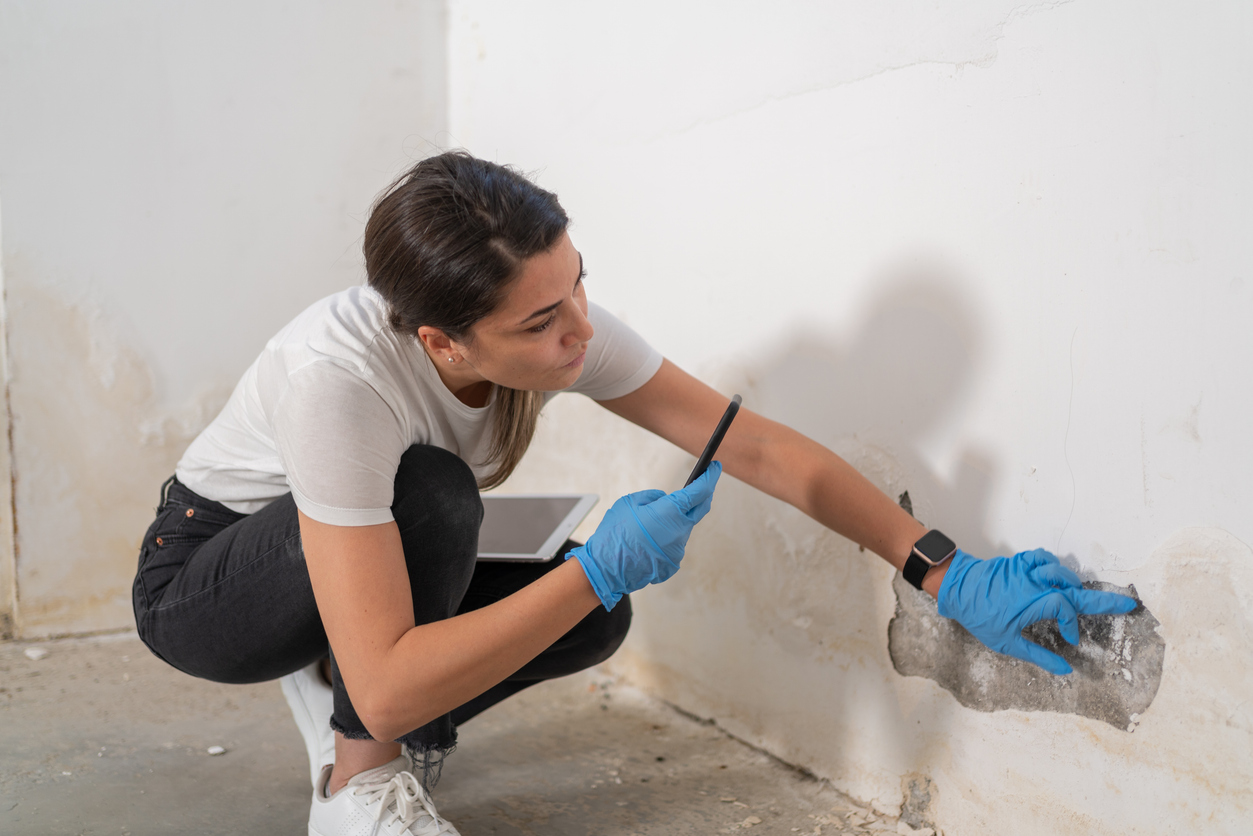When you suffer a property loss and file a claim with your insurance carrier, the insurance claims process begins. This triggers the “period of restoration” requirement, which imposes a timeline of “reasonable speed” by which you must get the property repaired or replaced – and the date by which you should resume residential or commercial operations.
When we engage with a home or business owner, we always get the question: how long will this process take? As the insured, you want to know the time horizon for settling your claim, as well as how long it will take to reconstruct your property. Insurance carriers want answers to the very same questions, because they don’t want to pay homeowners to be in a rental property or hotel for longer than necessary, or to carry a business in its rented space or for the Business Interruption (BI) claims.
The duty to get things repaired in a timely manner – the essence of the Period of Restoration requirement – falls on the insured. Everybody wants to get things done, but sometimes circumstances don’t allow for an entirely expeditious rebuild. What can you do to expedite the process?
As the insured, one thing you can do is to start the bidding process – immediately. With help from a public adjuster, you should be able to determine the scope of the reconstruction. Once you have that, you should start inviting contractors to submit their bids. This is especially true during the current COVID-19 pandemic, when contractors are busy and bidding processes can take much longer.
So, the first step is to find a contractor. What’s the best way to do that? Word of mouth is a reliable method. If you have a network, check with your contacts and ask for a reputable builder. Then review the work those recommended contractors have done. Is it quality work? Was it done in a timely manner? These are helpful inquiries to make at this stage. If your network is limited, check with Town Hall. The Building Department knows who does good work and will likely give you a few names of contractors you can contact.
With the name of a contractor or two in hand, you can start vetting. Ask each contractor for a few references. You can also check their website if they have one, but if they don’t, it’s not a big deal. Many high-quality contractors have yet to enter the digital age. References and completed jobs are the reliable indicators in this regard.
Most contractors can handle a variety of jobs. For a water loss, most any contractor worth his salt can do a good job. For a big fire that caused heavy smoke damage, you might get a little picky and seek out a contractor with experience with that type of restoration.
You don’t need to share the insurance adjustment numbers with your contractor – just get a bid based on their experience and what their likely materials and subcontractor prices might be. The contractor probably won’t get started on actual remodeling until you have an offer from your insurance company. But this shouldn’t stop you from advancing the bidding process and having your contractor prepare for the project. That allows construction to commence as soon as you have the insurance carrier’s deal in hand.
It’s worth noting that this process has been impacted by the COVID-19 pandemic. The average costs of materials, for example, have absolutely skyrocketed during COVID. In Massachusetts, for example, the price of 2x4s is currently 3 times what it was10 months ago. So, the price of construction might spike. What’s more, the availability of some lumber and other building materials has grown scarce. To compound the challenge even further, contractors are super busy because people have more free time to take on building projects across the board. You might have difficulty finding an available reputable contractor, but they are out there.
Your insurance company should understand these challenges and accept delays that might impact the Period of Restoration. Sometimes the insurance carriers need some convincing – and that’s yet another area where a good public adjuster can help. These are market dynamics that are very real and are impacting the entire construction industry, and that has an effect on the Period of Restoration for most projects.




